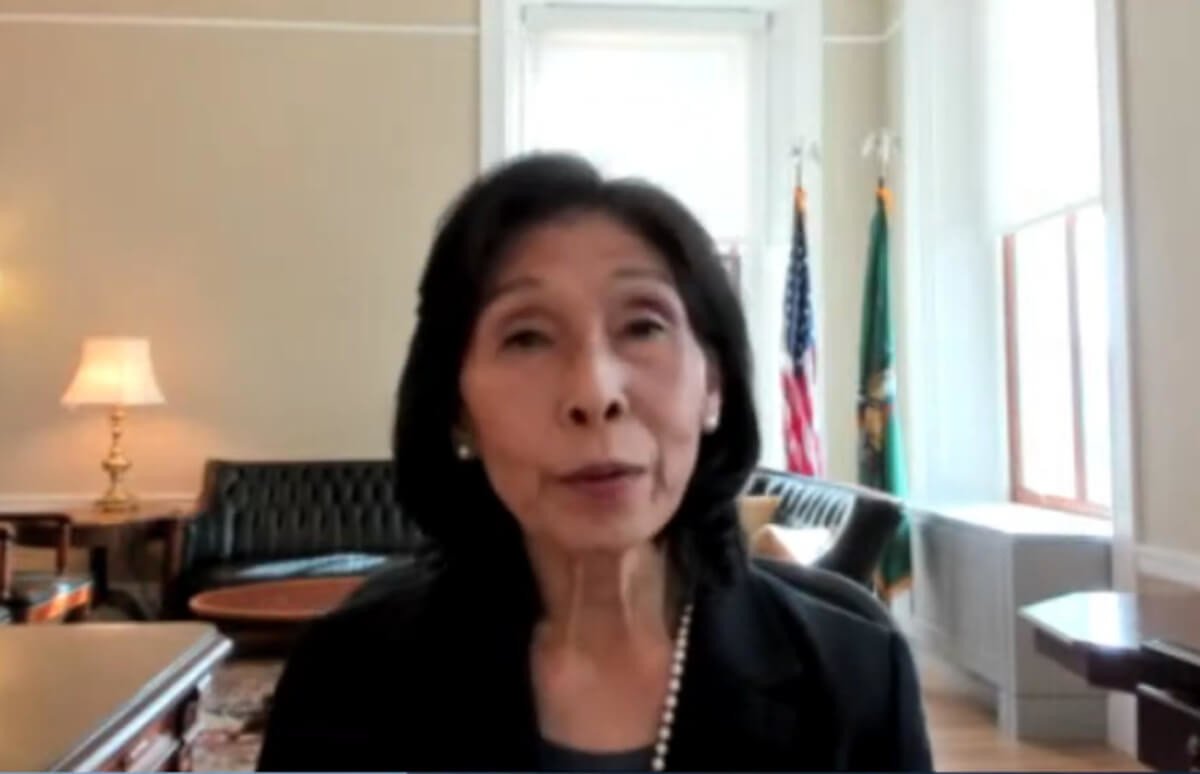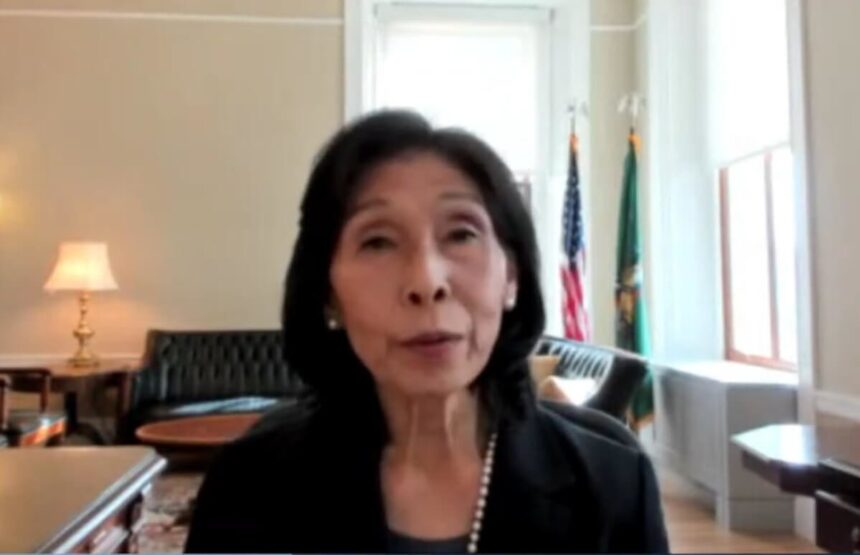
The US is actively evaluating whether a digital version of the dollar is in the national interest, Nellie Liang, the US Treasury Department’s undersecretary for domestic finance, has said.
work to assess the feasibility of a digital dollar – a form of central bank digital currency (cbdc) – is now being advanced by an interagency working group led by the Treasury Department, Liang said in a speech for the Atlantic Council on Wednesday.
Among the issues now being studied by the working group are how a digital dollar would affect America’s position in terms of global financial leadership, national security and privacy, illicit finance, and inclusion.
The top US official said that based on findings in these areas, the working group will develop recommendations to the administration regarding the impact of CBDCs.
114 countries exploring CBDC
Specifically, Undersecretary Liang pointed to the fact that other countries are already developing their own CBDCs, and indicated that any CBDC in the US could make the country’s economy and financial markets less competitive. .
He said that 114 countries are exploring CBDCs and 11 countries have fully launched them. Countries that have launched CBDC include China digital yuanwhich was opened only last month cross-border access with Hong Kong,
Liang also pointed to the “global role of the US dollar” as something policymakers need to consider when deciding whether or not to launch a CBDC in the US, possibly as a result of CBDC trials in other countries.
Government “Still Evaluating” Digital Dollar
In conclusion, Liang said the government is “still evaluating” whether a CBDC is right for the US. He said that participation in the global standard-setting initiative will be important going forward, adding that the US will share technology and technical expertise with other countries that are developing CBDCs.
“Our efforts to shape international standards are an important part of the framework for international engagement on digital assets,” she said.
Opinion is divided on CBDC
A central bank digital currency is something that has been discussed in the US for some time, and there are strong voices on both sides of the debate.
While proponents generally argue that a CBDC would help strengthen the US dollar’s position as the world’s reserve currency, others fear it would strengthen government surveillance and control capabilities.
As recently as last month, Tom Emmer, a Republican member of the House of Representatives, publicly shared that he is against CBDCs in the US. He called the CBDC idea a “surveillance-style digital dollar” and officially Proposed Law That Would Prevent a Digital Dollar from being introduced.
















